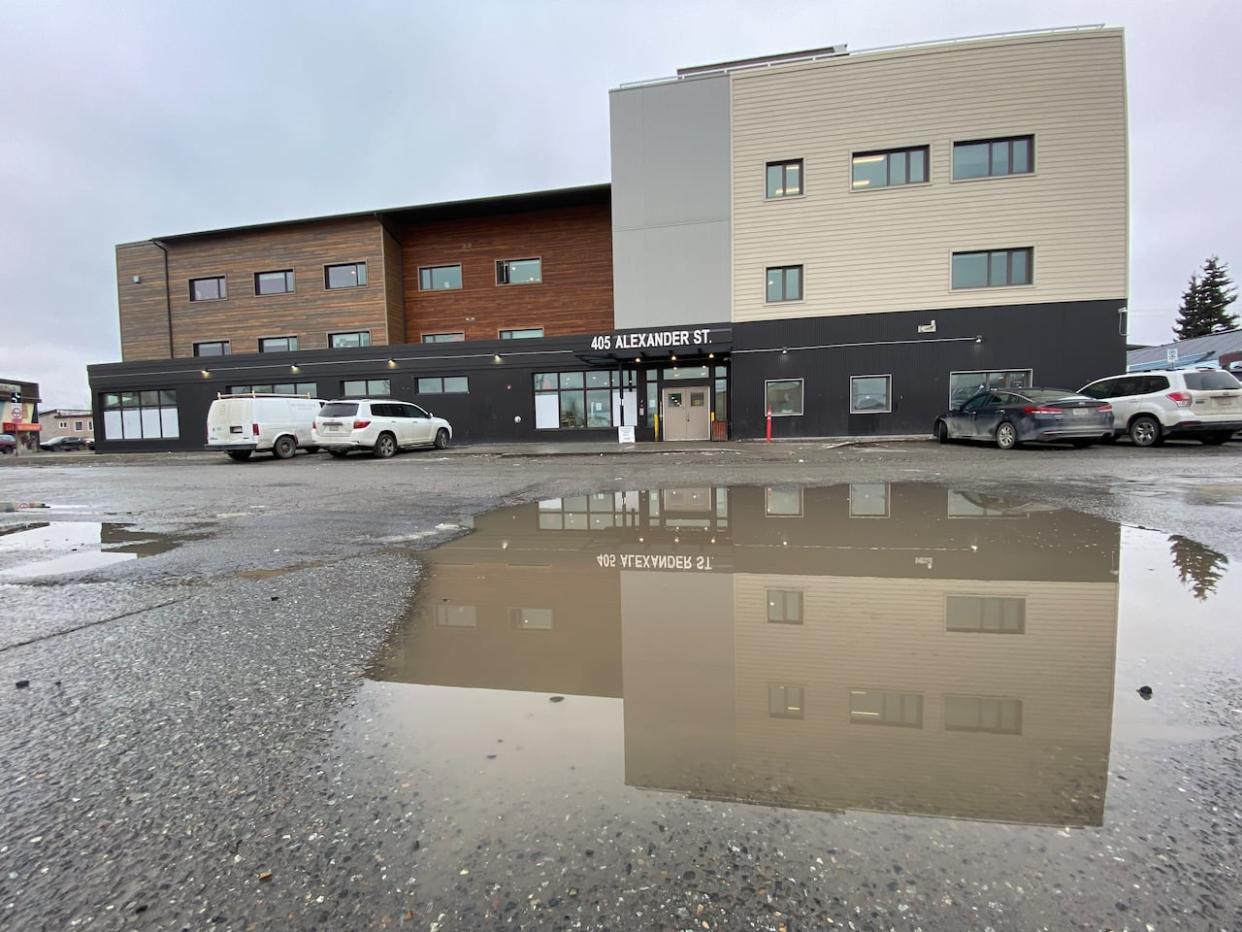Whitehorse shelter operator 'fully committed to taking action' on inquest recommendations

The non-profit organization that operates the Whitehorse emergency shelter says it will do a "careful and considered review" of the recommendations issued by the jury at this month's coroner's inquest, and make any necessary changes to improve service at the facility.
The three-week inquest, which wrapped up this week, examined the circumstances around the deaths of four women at the shelter in 2022 and 2023: Myranda Tizya-Charlie, Cassandra Warville, Josephine Elizabeth Hager and Darla Skookum.
The six-person inquest jury issued eight recommendations on Thursday, mostly directed at Connective, the non-profit that operates the shelter in partnership with the Council of Yukon First Nations (CYFN), and the Yukon government, which oversees the shelter's operations.
The recommendations largely focus on policies and training at the shelter, which were central themes in much of the testimony at the inquest.
In a written statement on Friday, Connective said it acknowledges and supports the jury's recommendations, and is "fully committed to taking action."
"Through conversations with CYFN, service users, staff, Yukon Government, and other community partners, we will map out a plan for short-, medium-, and longer-term changes as we look to respond to the recommendations and strengthen service delivery," the statement reads.
"We are committed to transparency and will provide updates to the community as we reach milestones along the way."
The statement also says that the shelter on Alexander Street is "just one piece of a larger system of care and support," and that other programming and supports are also needed in particular for Indigenous Yukoners.
Yukon's Social Services Minister Tracy-Anne McPhee also issued a written statement on Friday, in response to the inquest recommendations. She said the inquest was "essential" to her government's efforts to protect vulnerable people, and to prevent similar tragedies in the future.
McPhee said the government will "thoroughly assess the recommendations" and create a plan for implementing any future actions in response.
"We reaffirm our resolve to address the broader issues of substance use and homelessness that contribute to such crises," the statement reads.
"Together, we strive to honour the memory of those we have lost by committing to meaningful change that protects and uplifts every member of our community."

 Yahoo News
Yahoo News 
